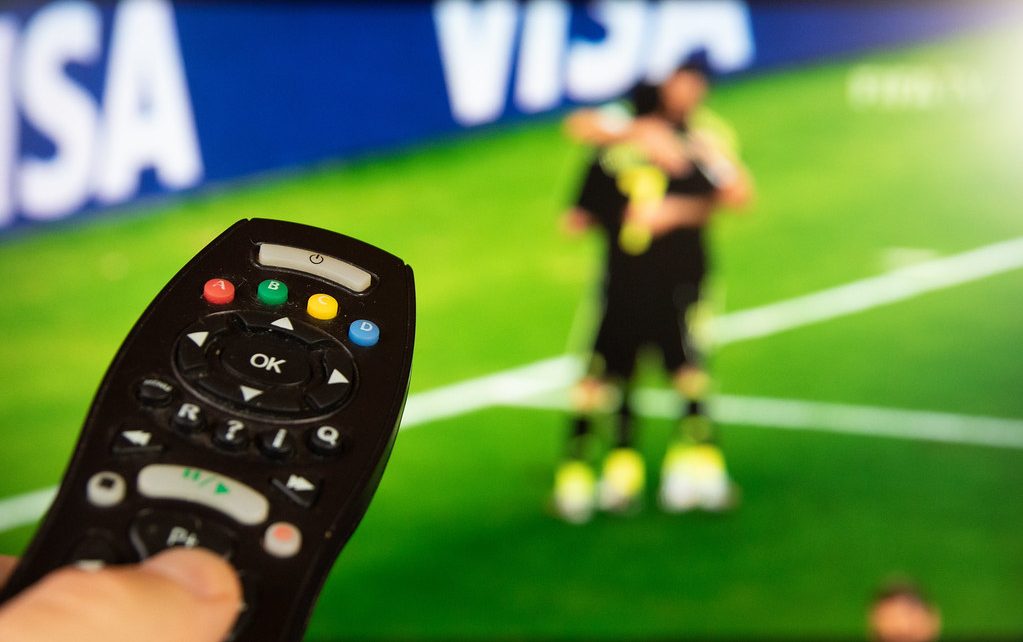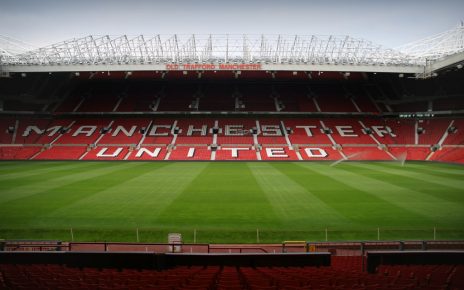Saturday. 3pm.
Across the country, many football fans recognise this as their favourite time of the week.
Whatever had happened during their week, good or bad, everything is put aside and forgotten about when they watch their beloved team for 90 minutes.
For almost 40 years, EFL games between 2:45pm and 5:15pm on Saturday afternoons have been banned from television broadcast to avoid the risk of lowering attendances.
Unfortunately, though, it seems Sky may have finally found a way round the long-lasting blackout.
Their new record-breaking deal with the EFL means they will have the rights to show 1,059 matches per season from the Sky Bet Championship, League One and League Two.
The new deal will run from the 2024/25 season until the end of the 2028/29 campaign and is a major increase in games shown compared to their current agreement which only allows them to show 138 EFL matches per season.
The deal looks to increase income for clubs, with Championship teams being predicted to be 46 per cent better off than what they are currently, according to the distribution formula.
But it doesn’t appear as glamorous for League One and Two clubs, who are predicted to be just 25 per cent better off.
With 248 games from both the third and fourth tiers to be broadcasted per season, it means that several matches every weekend will be moved from the traditional Saturday 3pm kick-off, as Sky try to find a loophole around the blackout.
This will affect supporters who regularly go to games negatively, as fixtures rearranged to the evening and midday kick-offs could cause attendances to decrease.
Although a healthy number of fans in the lower leagues do live close to their team, there is still a large chunk who travel long distance to follow their side week in week out.
When you consider the price of fuel or a train ticket, a match day ticket, food, drink, and having to wake up early or get home late with the fixture times, it will be rather tempting for these fans in particular to opt for the warm comfort of their sofa instead.
As a result of this, clubs would also see a decrease in merchandise and hospitality sales, which is a substantial portion of their match day income.
Despite the supposed 25 per cent increase in revenue due to the new Sky deal, lower attendances will result in less revenue for clubs, which makes it seem rather counter intuitive.
It is worth noting that EFL opted for this agreement, rather than DAZN’s bid of wanting to stream every single game, which would have ended the blackout all together.
In one way, although DAZN’s broadcasting of the entire EFL season would still risk a drop in attendances, it would have kept more kick offs to 3pm and cause less problems for fans who will go regardless of whether their team is on television.
Instead, the EFL have tried to find a middle ground, providing the demand for content but remaining within the blackout rules.
It does feel though, that EFL and broadcasters are preparing for an inevitable ending to the football blackout in the near future, but it’s vital they don’t forget the life and soul of the sport.
The supporters.


